
Human Capital
What It Is and Why People Invest It
Read or listen offline
Amazon KindleRecommendation
The 1990s may well be remembered as the decade of employee empowerment (at least in management theory circles), but very few companies ever put their money where their mouths were when it came to dismantling the old "command-and-control" structures. Thomas O. Davenport makes a fresh case for empowerment by placing the argument in the context of the current tight labor market, and presenting scarce knowledge workers as investors of human capital. These human capital investors should be valued, nurtured and rewarded by companies in much the same way that financial investors are cared for. Although many of the conclusions that result from this novel theory mirror those of earlier works in employee empowerment, getAbstract strongly recommends this book for its original take on the changing nature of the employer-employee relationship.
Summary
About the Author
Thomas O. Davenport works in the San Francisco office of Towers Perrin, a worldwide consulting firm. He gives Fortune 500 clients advice on human resource strategy, organization effectiveness and business strategy.







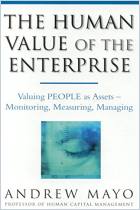
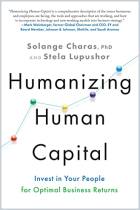
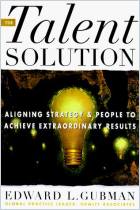
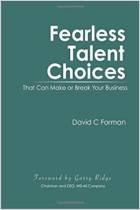
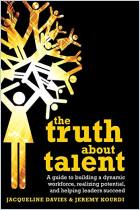
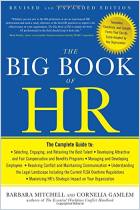


Comment on this summary or Comenzar discusión